ALTHOUGH Boris Johnson has said it’s alright for people to go home to visit friends and family this Christmas, he has stressed it’s the season to be “jolly careful” about meeting up.
Even though people will be allowed to meet indoors with up to three other households, Brits should take notice of advice to make sure they don’t infect their family members with Covid.
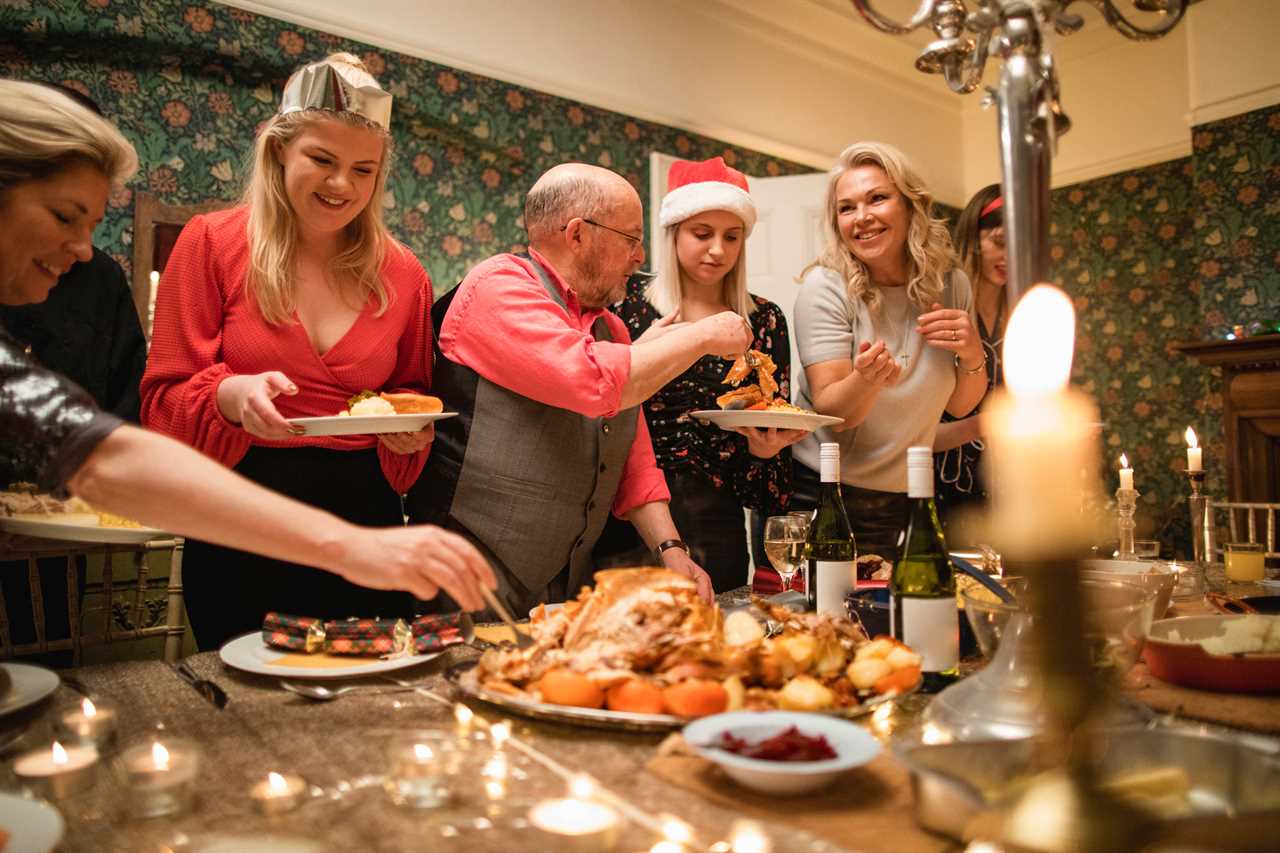
So, what are the Christmas rules and what is the best way to stay safe?
The Christmas rules
Everyone across the UK will be allowed to form a Christmas bubble for five days from December 23 to December 27.
This can be made up of up to three households.
Social distancing can be scrapped, but people should be careful being close to elderly relatives.
You’ll be able to go to church, out for walks, or into the house – but Christmas bubbles must not go out for lunch or pub meals together.
People will be allowed to travel across Tiers for the duration of the Christmas period.
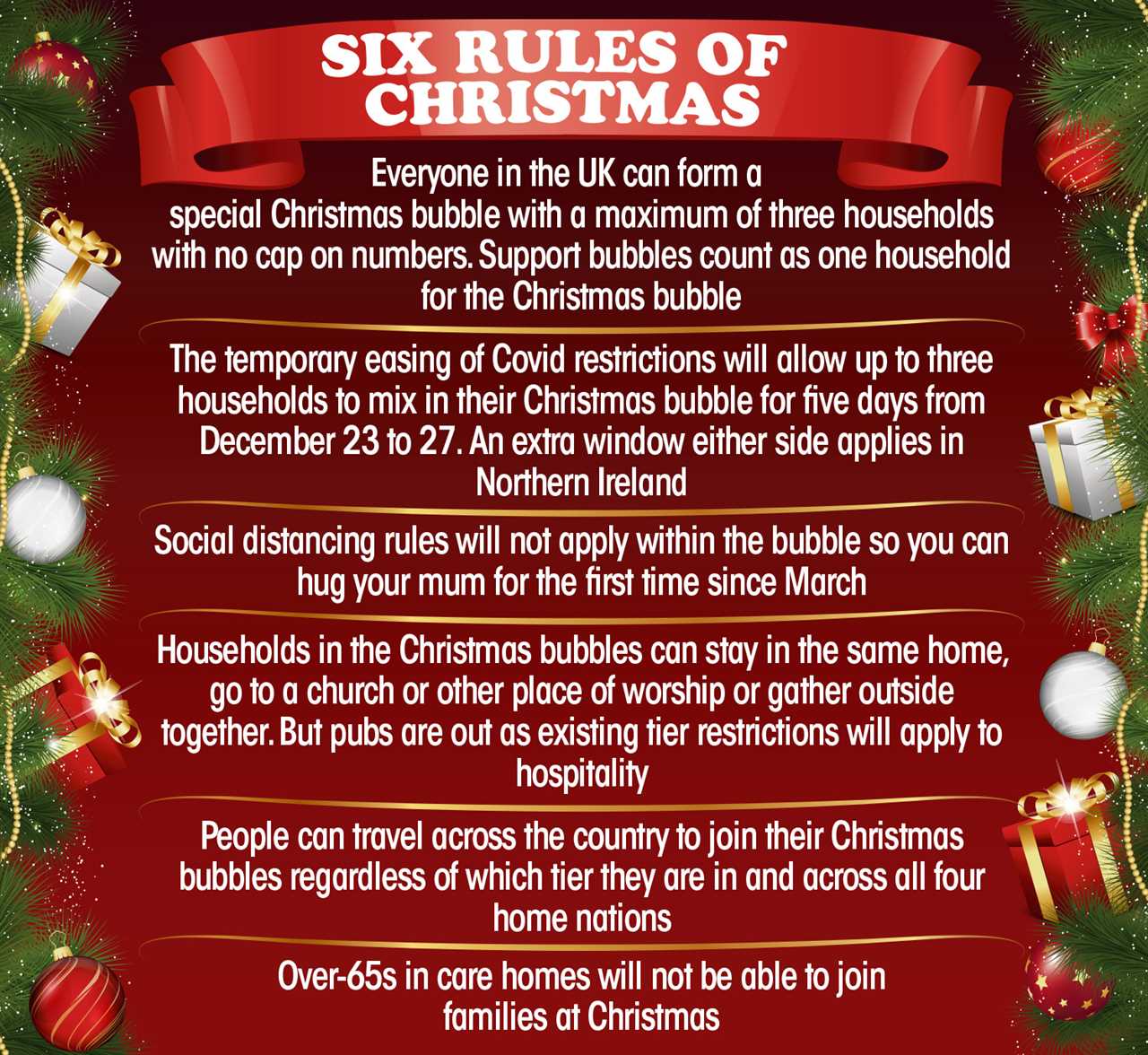
But it’s important to remember that just because it’s allowed, it doesn’t mean all families have to see each other.
If you or your family don’t want to, or want to reduce the risks further, there are things you can do.
Ventilation
One of the things you can do to reduce the impact of Covid is to keep a couple of windows open and keep the house ventilated.
No, it’s not ideal during a British winter, but allowing the air to keep flowing around your house will reduce the risk of people catching Covid if they are in the house mixing with people.
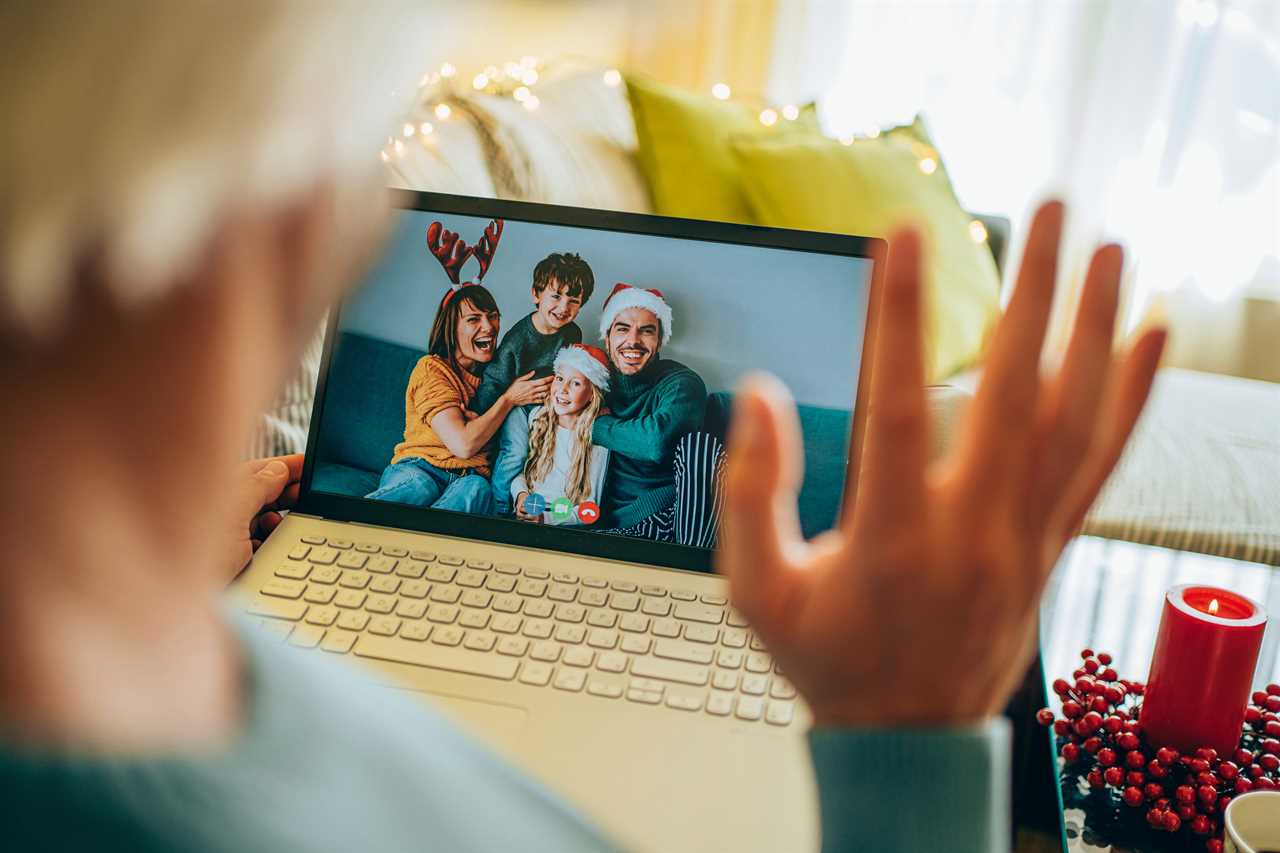
The guidance says: “Make sure you let as much fresh air in as you can during a visit and after visitors have left, without getting cold, by opening windows and doors.”
Meeting outdoors would be a safer bet if you’re worried about someone elderly.
Social distancing
Technically these rules can be scrapped over the Christmas period – but people who are worried about hugging vulnerable people should try and keep their distance anyway.
Staying 2 metres apart from family and friends is a sensible way to reduce the risk.
If you are concerned, wearing a mask would be another way to reduce any possible spread.
Washing your hands
Yes, everyone has been banging on about this one for a while, but it’s still a really important tool to curbing the virus.
Especially if you’re going out before you meet others for Christmas, do be sure to wash your hands regularly.
This is even more important if you’re going to use public transport to get home.
Extra cleaning and don’t share items
The guidance also recommends taking extra precautions such as cleaning surfaces and contact points like door handles over the Christmas period too.
Ideally, Christmas dinner guests would be spread out as much as possible. But if the table is small, experts say at least don’t share plates or cups.
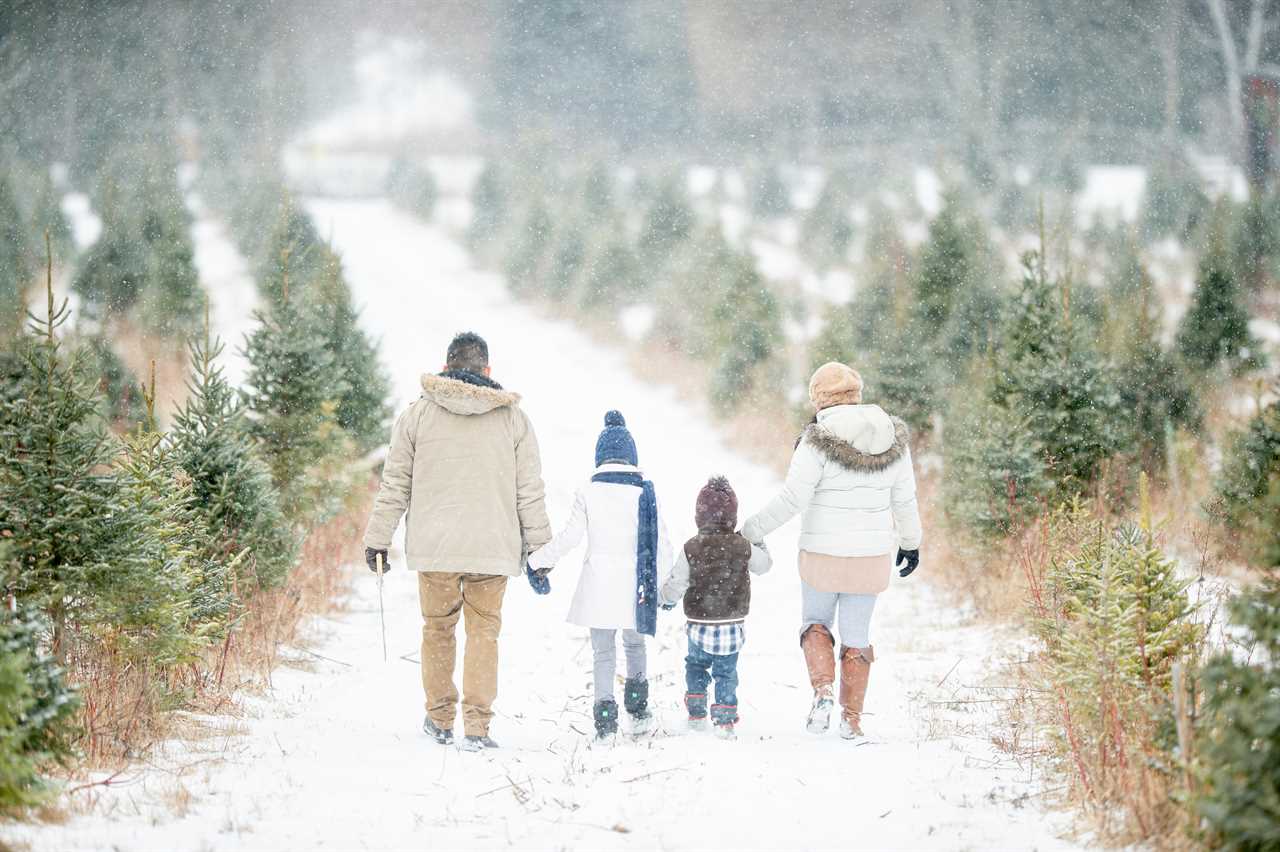
Isolate before you go – if you can
Brits should be isolating as much as possible in the run up to going home for Christmas, the Government’s guidance says.
Especially if you’re vulnerable, it states: “You should reduce unnecessary contact with people you do not live with as much as possible in the two weeks before you form your Christmas bubble.
“Children should continue to go to school.
“You should work from home if you can, but you should avoid unnecessary social interaction. Any increase in contact with other people increases the risk you will catch or spread coronavirus.”
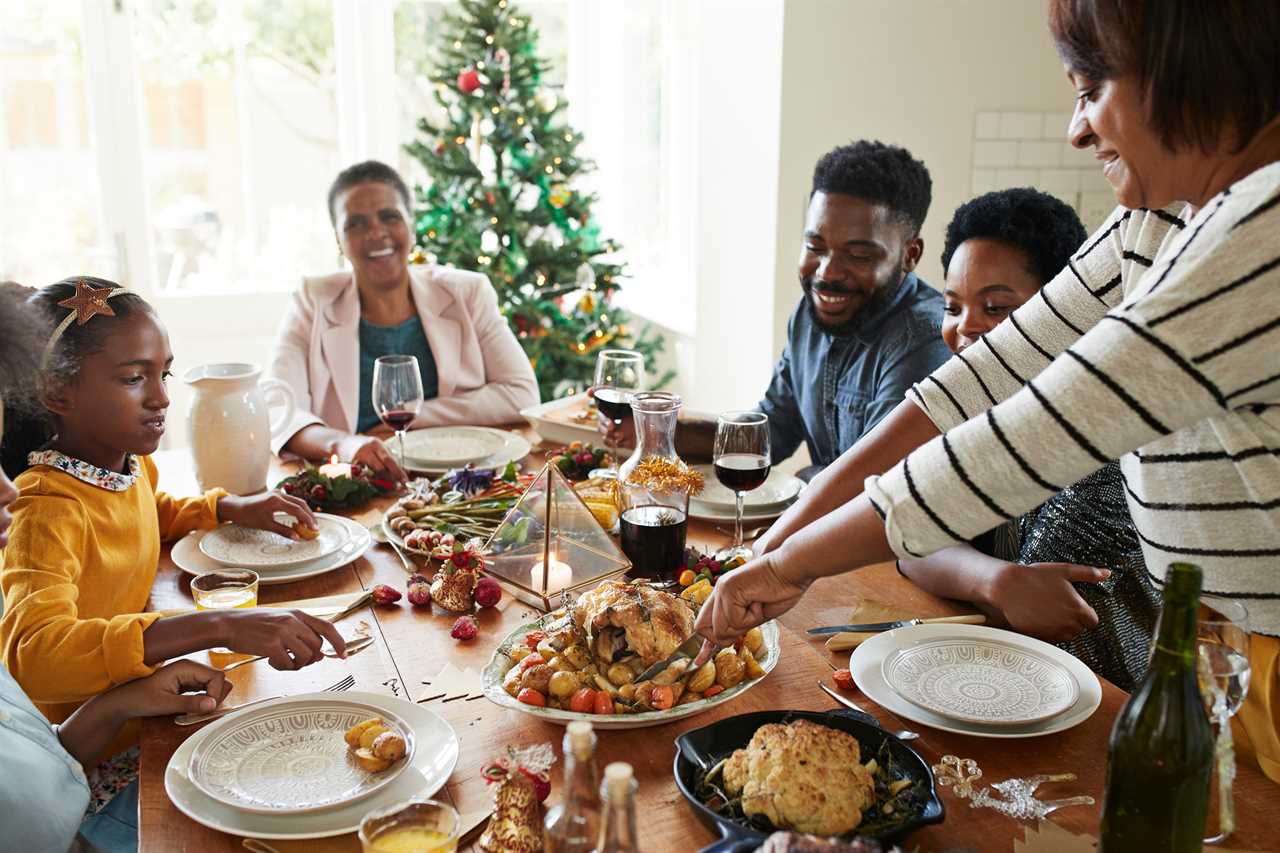
It also might be sensible to do the same thing for a few days after you see people at Christmas, just in case you’ve picked something up from them.
Or at least reduce your contacts
If you can’t work from home because of your job, the best thing to do in the week before Christmas is to reduce your contacts with the outside world.
That means cancelling visits to see family, friends, the supermarket and slashing the time you spend outside of the house.
Even if you don’t catch coronavirus, there’s still a chance you could come into contact with a positive case and be told to isolate just before the holiday period starts – which would ruin any plans.
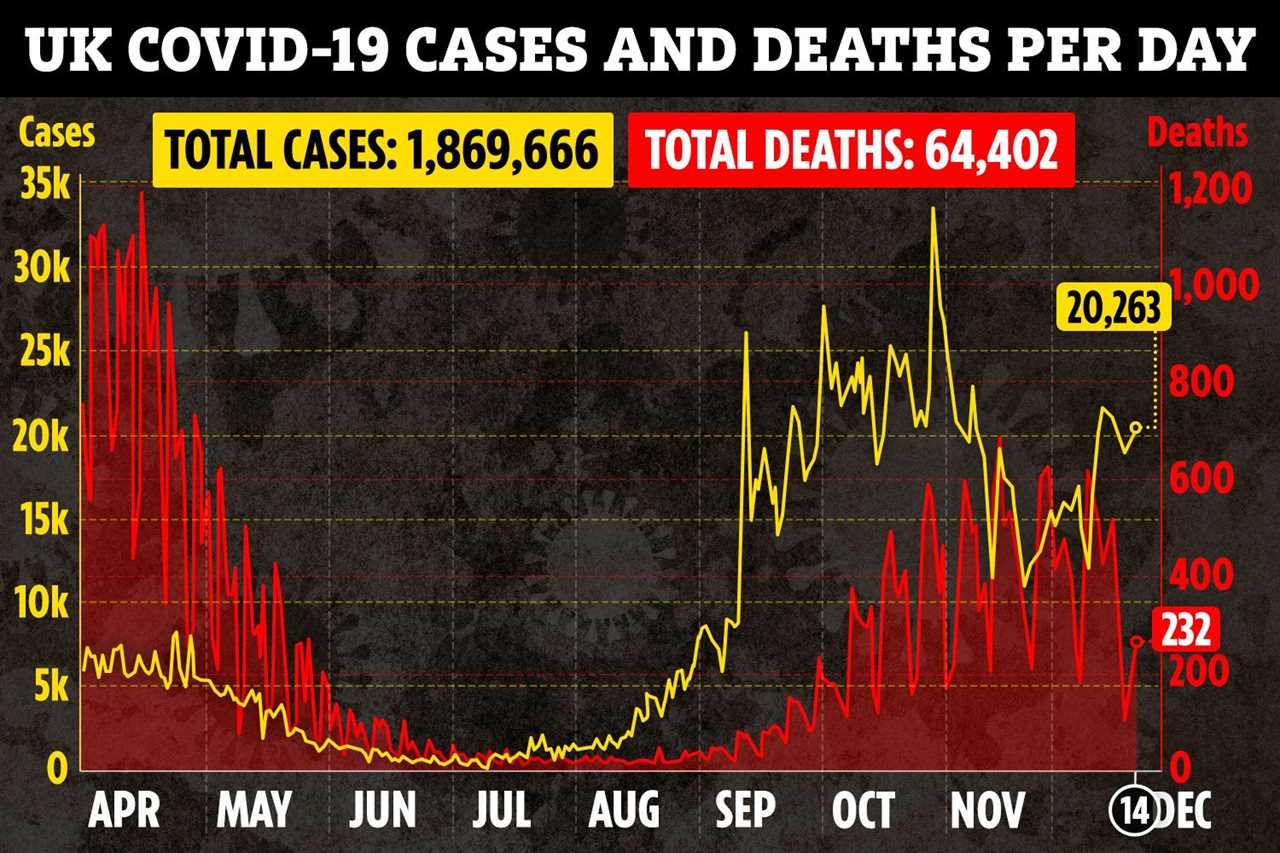
Consider a smaller bubble
It is important that you keep your Christmas bubble as small as possible, the Government recommends. If there’s a way you can split your family into a smaller group, that is another way to reduce your contacts over the Christmas period, and avoid infections.
Don’t forget, if anyone in your Christmas bubble tests positive for coronavirus, you will all have to isolate afterwards.






